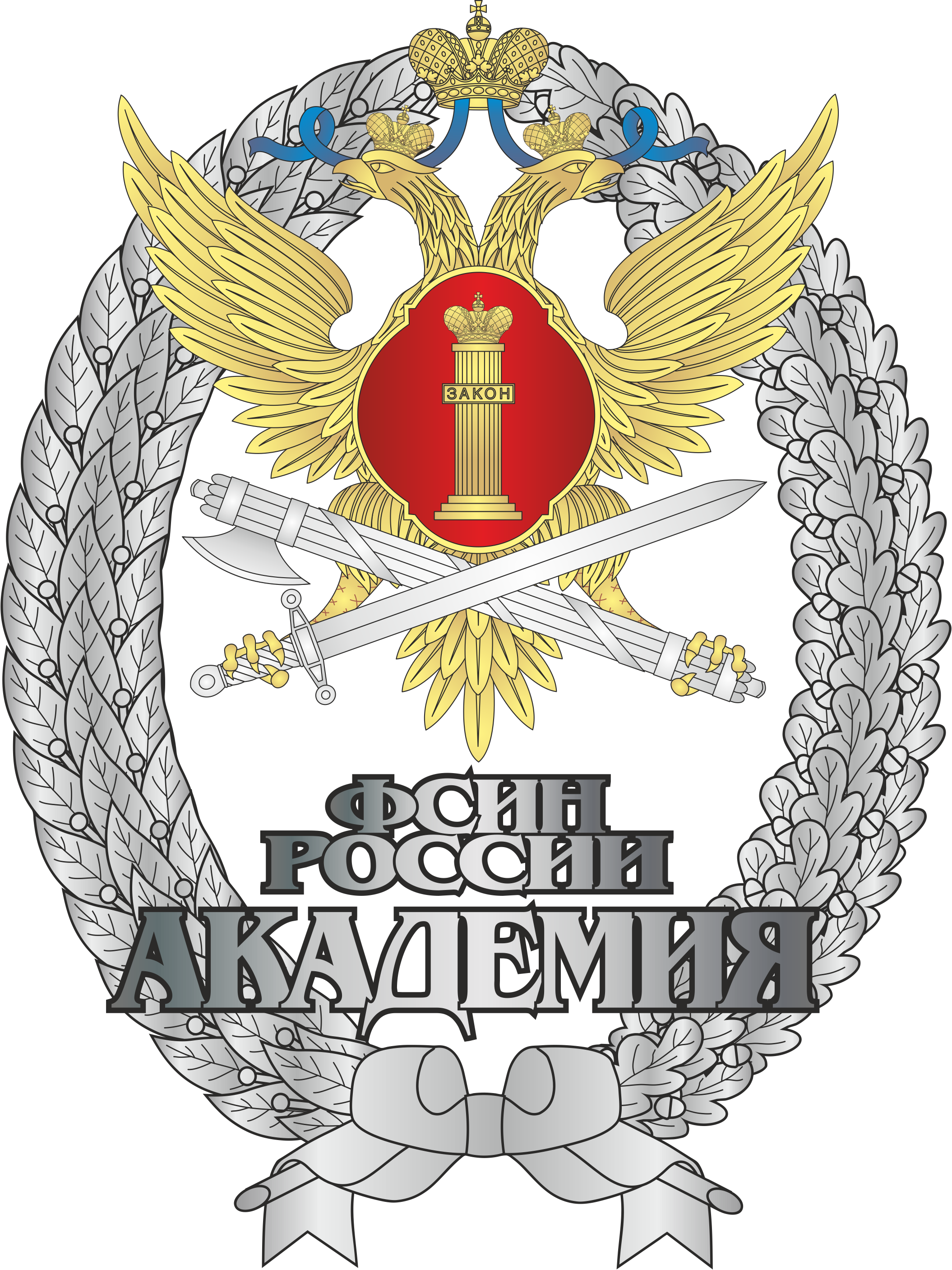Mogilev, Belarus
Minsk, Belarus
CSCSTI 10.83
Changes in the political, socio-economic, legal and cultural sphere of Belarusian society over the past decade have significantly affected the conditions of functioning and objectives of the bodies and institutions of the Penal system, and therefore the course was taken on improvement of the execution of punishment in the form of imprisonment, primarily in terms of the organization of the correctional process in places of deprivation of liberty. At the same time, in the Penal code of the Republic of Belarus adopted in 2000, the regulations on the organization of the correctional process of convicts in places of deprivation of liberty are of the most general nature and do not fully take into account modern (including international), social and legal requirements and trends in the re-socialization of persons serving sentences in correctional institutions and their subsequent social adaptation in conditions of liberty. Until the necessary unity of the legal, social and psychological aspects is ensured in the organization of the correctional process of persons serving sentences in the form of imprisonment, new approaches to the legal regulation of resocialization and social adaptation of convicts are not worked out. This is reflected in the lack of an adequate typology of persons, sentenced to deprivation of liberty, and both theoretical and methodological basis for their resocialization and social adaptation. In addition, there are no standardized requirements for the definition of indicators and degrees of convicts’ correction, regarding their respective criminological typology, as well as correctional programs, specifically and functionally oriented to their resocialization and social adaptation, which led to the presence of legal, organizational and methodological gaps in the social adaptation of released persons (post-penitentiary period). The purpose of this article on the basis of the proposed criminological typology of convicts (criminals) is to offer a solution to this problem and to introduce specific legal (criminal law, criminology, penal law) and social indicators of correction during the sentences of imprisonment. The use of this typology of convicts (criminals) and socio-legal indicators of their correction in places of deprivation of liberty will affect not only the qualitative (and not formal) application of the institutions of early release, but also, as the Belarusian law enforcement practice shows, the gradual decrease in the high level of criminal recidivism, the structural component of which in Belarus recognizes an unreasonably high level of penitentiary recidivism.
convicts, deprivation of liberty, legal indicators, social indicators, criteria of correction, resocialization, places of deprivation of liberty.
1. Pastushenya, A. N. 2008, ‘Psychological essence of correction of convicts’, Informational, scientific and methodological Bulletin of the Department of corrections of the Ministry of internal Affairs of the Republic of Belarus, no. 3, pp. 79-85.
2. Homich, V. M. 2015, ‘To the question of the state and improvement of legal regulation of social adaptation of persons serving penalties of imprisonment’, The problem of strengthening the rule of law: science, practice, trends: collection of scientific papers, iss. 8, pp. 9-26.
3. Kuchval’skaya, I. V. 2008, ‘Problems of social adaptation of women released from prison’, Women in prison: proceedings of the International conference, Gomel, 11-13 October 2007, PRI, Moscow.
4. Strigalev, A. 2016, ‘It all depends on the desire of the head to restore order’, On guard, 5 February, p. 7.
5. Antonyan, Yu. M., Grishko, A. Ya. & Fil’chenko, A. P. 2009, Penitentiary criminology, Ryazan.
6. Mokrecov, A. I., Golubev, V. P. & Shamis, A. V. 1998, Working book of the penitentiary psychologist, Moscow.
7. ‘Reforms for improvement (according to the press service of the President of the Republic of Belarus)’ 2016, On guard, July 1, p. 2.













